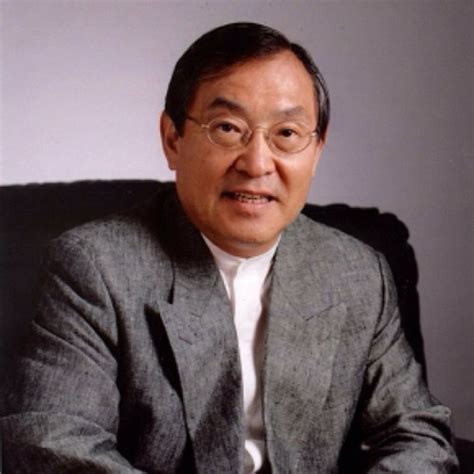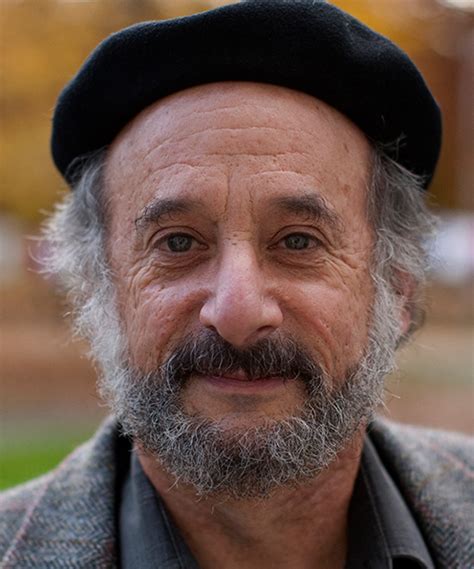A Quote by Kenichi Ohmae
The best possible solutions come only from a combination of a rational analysis based on the nature of things, and imaginative reintegration of all the different items into a new pattern, using non-linear brain power
Related Quotes
How often people speak of art and science as though they were two entirely different things, with no interconnection. That is all wrong. The true artist is quite rational as well as imaginative and knows what he is doing; if he does not, his art suffers. The true scientist is quite imaginative as well as rational, and sometimes leaps to solutions where reason can follow only slowly; if he does not, his science suffers.
In my actual imaginative contact with life, I am vastly more responsive to beauty than to horror - indeed, I never experience real cosmic horror except in infrequent nightmares. However, when I come to record my various imaginative experiences, I generally find that only the horror items have any uniqueness or originality. Others have seen the same beautiful things that I have seen, & have sung them more nobly.
Buddhist epistemologists do argue that rational analysis leads to the conclusion that rational analysis cannot give us infallible access to truth, including that one. That's not self-defeating, though; it only induces an important kind of epistemic humility and a clearer view of what we do when we reason. We engage in one more fallible human activity among many.
We live in the Age of the Higher Brain, the cerebral cortex that has grown enormously over the last few millennia, overshadowing the ancient, instinctive lower brain. The cortex is often called the new brain, yet the old brain held sway in humans for millions of years, as it does today in most living things. The old brain can't conjure up ideas or read. But it does possess the power to feel and, above all, to be. It was the old brain that caused our forebears to sense the closeness of a mysterious presence everywhere in Nature.
The brain is a dynamic system that constantly processes and creates your reality. It works best if you balance all the things that the brain is good at. The brain is good at being adaptable, flexible, creative, and intelligent. But it's also good at playing and just being. A balanced life provides time - every day if possible - so that every function of the brain is allowed to come alive and flourish.
This is what we call smart power. Using every possible tool and partner to advance peace and security. Leaving no one on the sidelines. Showing respect even for one's enemies. Trying to understand, in so far as psychologically possible, empathize with their perspective and point of view. Helping to define the problems, determine the solutions.
It is tempting to believe that social evils arise from the activities of evil men and that if only good men (like ourselves, naturally) wielded power, all would be well. That view requires only emotion and self-praise - easy to come by and satisfying as well. To understand why it is that 'good' men in positions of power will produce evil, while the ordinary man without power but able to engage in voluntary cooperation with his neighbors will produce good, requires analysis and thought, subordinating emotions to the rational.
One of the high points of my life was when I suddenly realized that this dream I had in my late adolescence of combining pure mathematics, very pure mathematics with very hard things which had been long a nuisance to scientists and to engineers, that this combination was possible and I put together this new geometry of nature, the fractal geometry of nature.


































